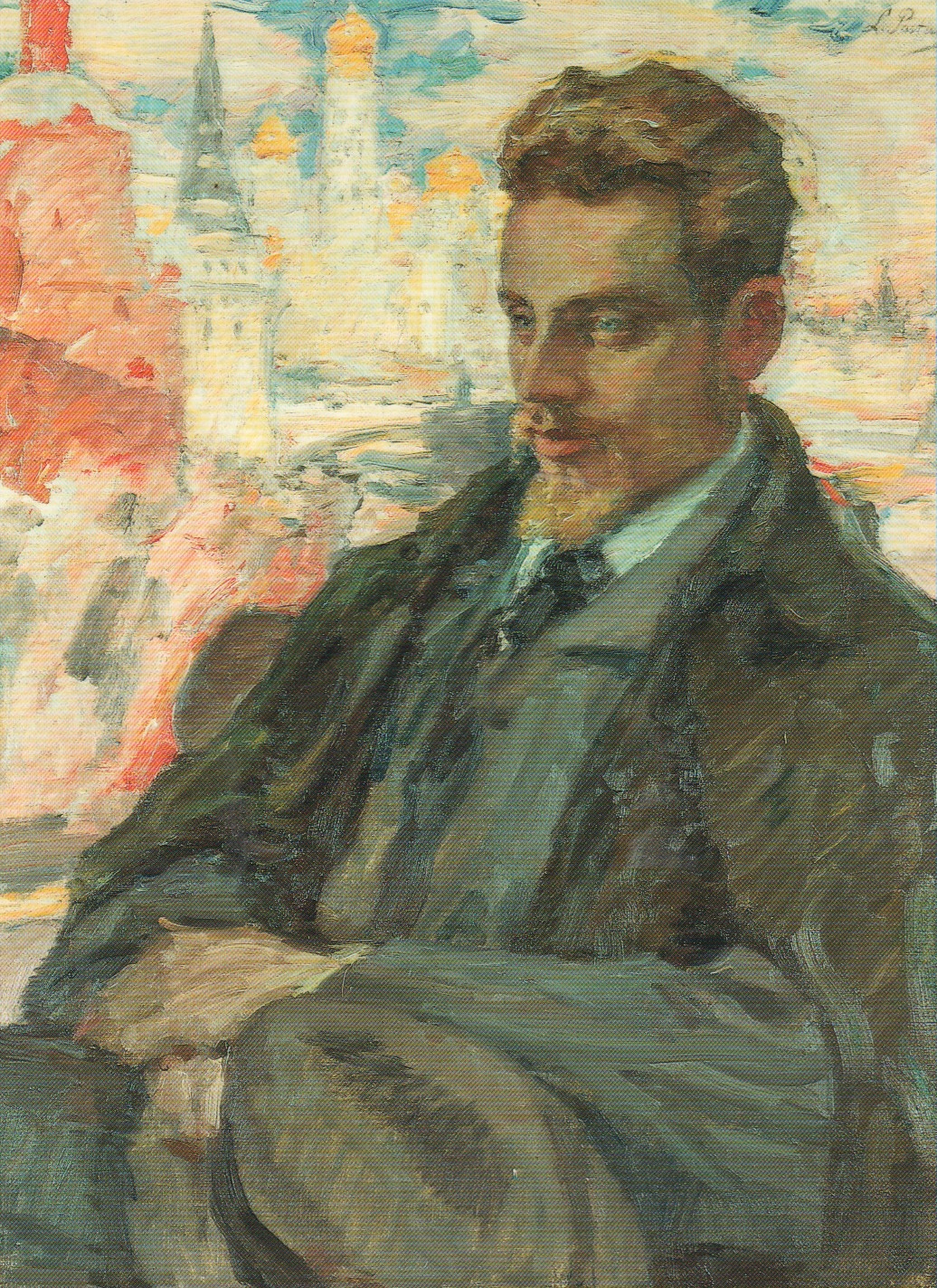Turn of the century Austrian poet Rainer Maria Rilke continues to inspire with his intensely mystical, lyrical poems and letters.
When a poet or artist expresses universal longings and truths with beauty and love, it is a call to each heart, in fellowship with all seekers, to continue the journey to God.
Rainer Maria Rilke, The First Elegy from The Duino Elegies:
Who, if I cried out, would hear me among the Angelic
Orders? And even if one were to suddenly
take me to its heart, I would vanish into its
stronger existence. For beauty is nothing but
the beginning of terror, that we are still able to bear,
and we revere it so, because it calmly disdains
to destroy us. Every Angel is terror.
And so I hold myself back and swallow the cry
of a darkened sobbing. Ah, who then can
we make use of? Not Angels: not men,
and the resourceful creatures see clearly
that we are not really at home
in the interpreted world. Perhaps there remains
some tree on a slope, that we can see
again each day: there remains to us yesterday’s street,
and the thinned-out loyalty of a habit
that liked us, and so stayed, and never departed.
Oh, and the night, the night, when the wind full of space
wears out our faces – whom would she not stay for,
the longed-for, gentle, disappointing one, whom the solitary heart
with difficulty stands before. Is she less heavy for lovers?
Ah, they only hide their fate between themselves.
Do you not know yet? Throw the emptiness out of your arms
to add to the spaces we breathe; maybe the birds
will feel the expansion of air, in more intimate flight.
Yes, the Spring-times needed you deeply. Many a star
must have been there for you so you might feel it. A wave
lifted towards you out of the past, or, as you walked
past an open window, a violin
gave of itself. All this was their mission.
But could you handle it? Were you not always,
still, distracted by expectation, as if all you experienced,
like a Beloved, came near to you? (Where could you contain her,
with all the vast strange thoughts in you
going in and out, and often staying the night.)
But if you are yearning, then sing the lovers: for long
their notorious feelings have not been immortal enough.
Those, you almost envied them, the forsaken, that you
found as loving as those who were satisfied. Begin,
always as new, the unattainable praising:
think: the hero prolongs himself, even his falling
was only a pretext for being, his latest rebirth.
But lovers are taken back by exhausted Nature
into herself, as if there were not the power
to make them again. Have you remembered
Gastara Stampa sufficiently yet, that any girl,
whose lover has gone, might feel from that
intenser example of love: ‘Could I only become like her?’
Should not these ancient sufferings be finally
fruitful for us? Isn’t it time that, loving,
we freed ourselves from the beloved, and, trembling, endured
as the arrow endures the bow, so as to be, in its flight,
something more than itself? For staying is nowhere.
Voices, voices. Hear then, my heart, as only
saints have heard: so that the mighty call
raised them from the earth: they, though, knelt on
impossibly and paid no attention:
such was their listening. Not that you could withstand
God’s voice: far from it. But listen to the breath,
the unbroken message that creates itself from the silence.
It rushes towards you now, from those youthfully dead.
Whenever you entered, didn’t their fate speak to you,
quietly, in churches in Naples or Rome?
Or else an inscription exaltedly impressed itself on you,
as lately the tablet in Santa Maria Formosa.
What do they will of me? That I should gently remove
the semblance of injustice, that slightly, at times,
hinders their spirits from a pure moving-on.
It is truly strange to no longer inhabit the earth,
to no longer practice customs barely acquired,
not to give a meaning of human futurity
to roses, and other expressly promising things:
no longer to be what one was in endlessly anxious hands,
and to set aside even one’s own
proper name like a broken plaything.
Strange: not to go on wishing one’s wishes. Strange
to see all that was once in place, floating
so loosely in space. And it’s hard being dead,
and full of retrieval, before one gradually feels
a little eternity. Though the living
all make the error of drawing too sharp a distinction.
Angels (they say) would often not know whether
they moved among living or dead. The eternal current
sweeps all the ages, within it, through both the spheres,
forever, and resounds above them in both.
Finally they have no more need of us, the early-departed,
weaned gently from earthly things, as one outgrows
the mother’s mild breast. But we, needing
such great secrets, for whom sadness is often
the source of a blessed progress, could we exist without them?
Is it a meaningless story how once, in the grieving for Linos,
first music ventured to penetrate arid rigidity,
so that, in startled space, which an almost godlike youth
suddenly left forever, the emptiness first felt
the quivering that now enraptures us, and comforts, and helps.

